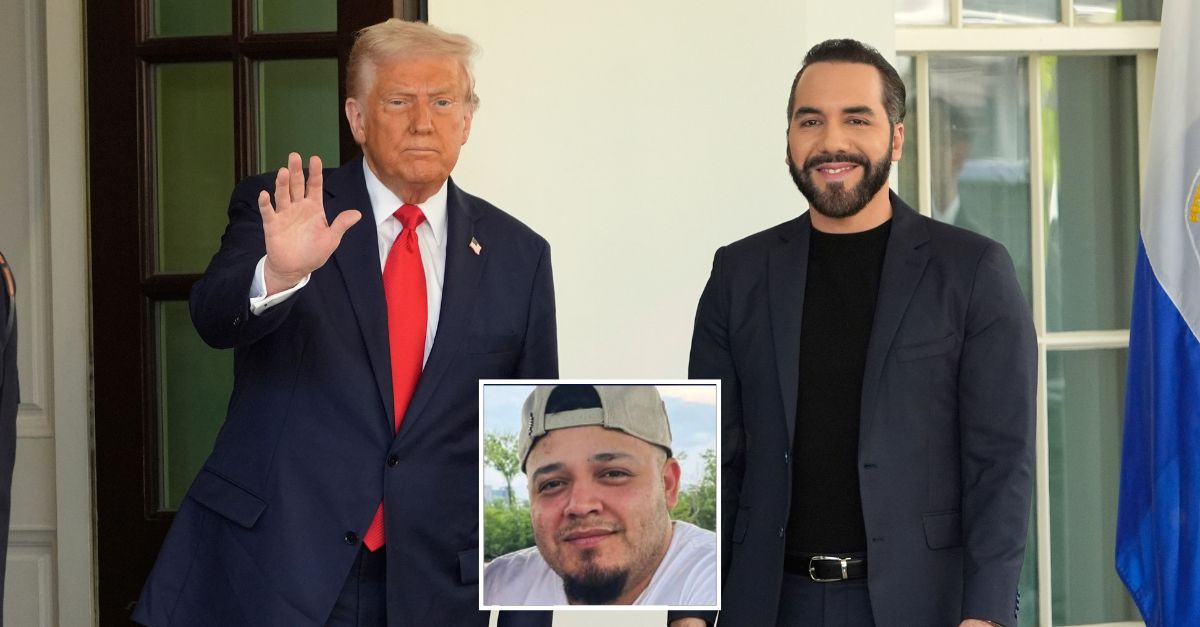Trump Admin Doubles Down on Wrongly Deported Dad’s Return, Accused of Ignoring SCOTUS
The Trump administration has taken a defiant stance in the legal battle over Kilmar Abrego Garcia, a Maryland father mistakenly deported to a terrorist prison in El Salvador. The administration has clarified that if Garcia attempts to return to the United States, he will be detained and swiftly removed again. This declaration was filed by an attorney for the Department of Homeland Security (DHS) just before a federal hearing in the case. The administration argues that Garcia, if he returns to a port of entry, would be detained due to his alleged membership in MS-13, a designated foreign terrorist organization, and removed either to a third country or back to El Salvador.

Legal Challenges and Court Orders
Abrego Garcia’s attorneys have accused the Trump administration of deliberately disregarding orders from both the U.S. Supreme Court and U.S. District Judge Paula Xinis, who had directed the government to return Garcia to the U.S. after his deportation in March. His deportation occurred under President Trump’s use of the Alien Enemies Act (AEA) of 1798, a wartime authority historically invoked only a few times, most recently during World War II. The case has focused on the interpretation of the word “facilitate,” which the government has been accused of misinterpreting in its efforts to avoid compliance with court orders.
Administration’s Interpretation of “Facilitate”
The Trump administration’s legal filings have raised concerns about its interpretation of the word “facilitate,” particularly concerning orders from both the Supreme Court and Judge Xinis. While the Supreme Court ordered the government to facilitate Garcia’s release from custody in El Salvador, the administration has been resistant to working with Salvadoran officials to ensure his return. Garcia’s attorneys argue that the government has failed to request his release from the Salvadoran authorities, which is essential to fulfilling the court’s mandate. The Trump administration’s stance on this has been criticized as a deliberate attempt to avoid the return of Garcia.
International and Domestic Political Tensions
International political tensions have complicated the legal battle over Garcia’s deportation. El Salvador’s president, Nayib Bukele, recently stated that he could not comply with U.S. orders to return Garcia, claiming it would be akin to smuggling him into the U.S. Despite court orders, both the U.S. and El Salvador appear to be in a stalemate, with leaders of both countries claiming they are powerless to abide by the legal requirements. Garcia’s case has become a focal point in the ongoing legal challenges against the Trump administration, as it involves serious questions about due process and the legal rights of immigrants.
Kilmar Abrego Garcia, a native of El Salvador, was deported in error while holding protected legal status in the U.S. His case has garnered significant attention due to the lack of evidence supporting his alleged ties to criminal organizations, and his deportation has raised concerns about the broader implications of using wartime powers for mass deportations. With international and legal complexities continuing to unfold, the case is likely to remain a key issue in the fight for immigrant rights in the United States.


Comments are closed, but trackbacks and pingbacks are open.